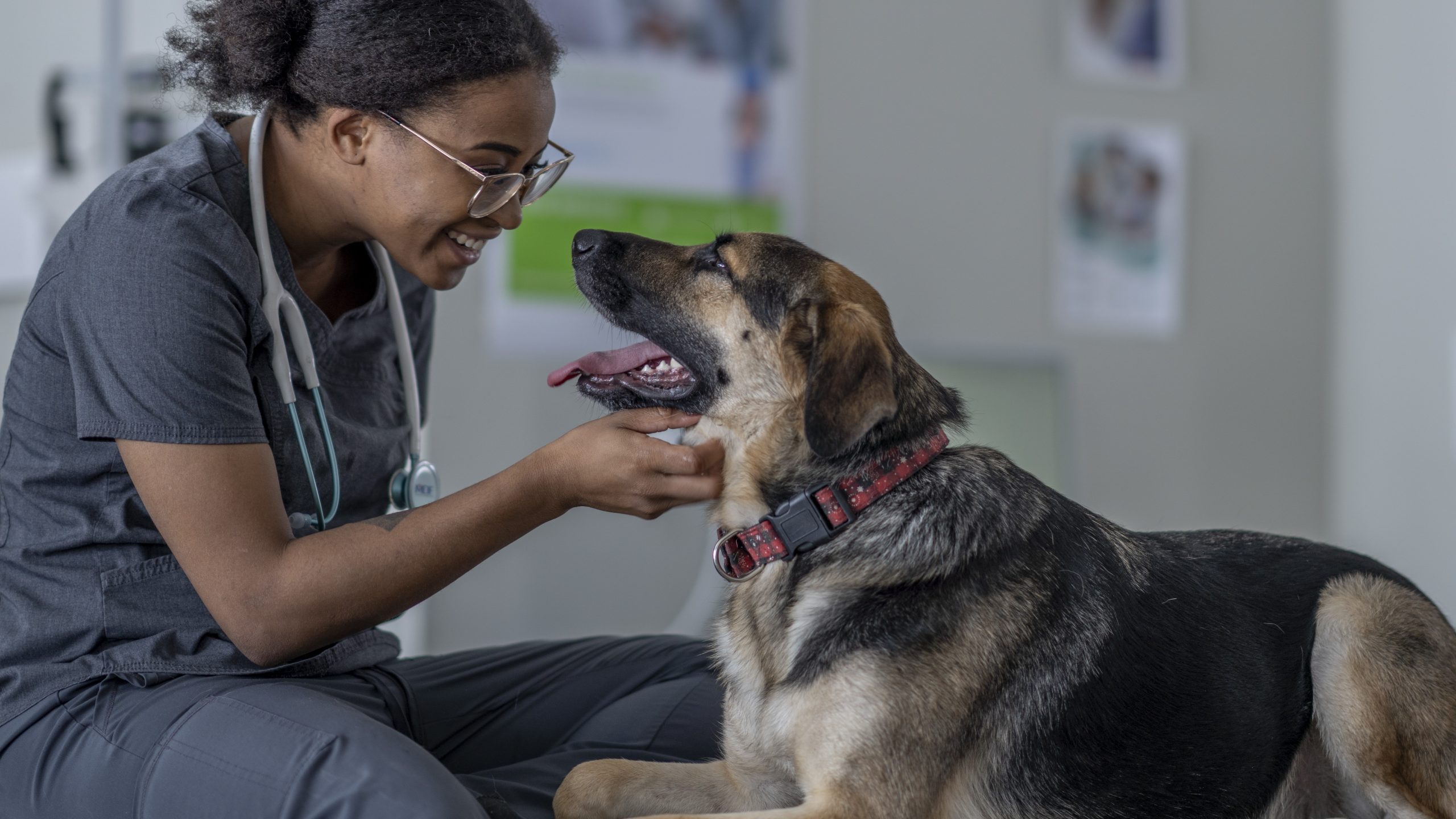Why a Routine Pet Health Checkup is Crucial for Preventative Pet Care
Why a Routine Pet Health Checkup is Crucial for Preventative Pet Care
Blog Article
Vaccination Guidelines From Your Relied On Veterinarian
Inoculation guidelines offered by your trusted veterinarian play a crucial duty in securing your pet's health and wellness and wellness. Furthermore, resolving typical false impressions bordering injections can even more improve pet dog owners' self-confidence in these precautionary actions.

Significance of Inoculations
Vaccinations play a crucial function in protecting family pets versus a series of preventable illness. By stimulating the immune system to recognize and fight details virus, vaccines substantially minimize the occurrence of contagious conditions that can influence a family pet's health and wellness and long life. Not only do inoculations shield private animals, but they likewise add to herd immunity, therefore reducing the general prevalence of diseases in the pet population.
Timely vaccinations help to mitigate the spread of illness such as rabies, parvovirus, and distemper, which can have severe effects for both humans and pet dogs. Vaccinations are usually a requirement for boarding facilities, brushing solutions, and pet dog parks, making them vital for those that desire to mingle their pet dogs.

Core Vaccines for Pets
While the certain vaccination needs of pets can vary based upon private aspects, core vaccines are widely advised to shield against the most significant and common conditions (Pet Vaccinations). Core vaccinations are those regarded vital for all pet dogs, despite their lifestyle or geographic area, as they secure against very infectious and potentially deadly diseases
For canines, the core vaccinations consist of those for canine distemper, parvovirus, adenovirus (hepatitis), and rabies. Canine distemper is a viral disease that affects the respiratory system, gastrointestinal, and worried systems. Parvovirus is recognized for creating serious gastrointestinal illness, especially in puppies. Adenovirus can result in liver disease, while rabies is a zoonotic illness that postures a danger to both humans and pet dogs.
In pet cats, core vaccines encompass feline panleukopenia, feline calicivirus, feline herpesvirus (rhinotracheitis), and rabies. Feline panleukopenia is an extremely contagious viral condition that influences the body immune system and intestines. Calicivirus and herpesvirus are significant contributors to upper respiratory infections in pet cats, while rabies stays a critical worry for public wellness.
Consult with your veterinarian to ensure your pets receive their core inoculations on time.
Non-Core Vaccines Explained
Non-core vaccines are customized to attend to details dangers connected with an animal's exposure, lifestyle, and environment to certain illness. Unlike core injections, which are widely recommended for all animals, non-core injections are considered based upon private situations. These vaccines are particularly crucial for family pets that might run into special microorganisms as a result of their geographical location, traveling practices, or tasks.
Examples of non-core vaccinations include those for Bordetella bronchiseptica, which is linked to kennel cough, and Lyme condition, caused by ticks. Family pets that frequently communicate with other pets, such as those in boarding centers, canine parks, or brushing atmospheres, might gain from Bordetella inoculation. Likewise, if you stay in a location where Lyme illness is common, vaccinating versus this disease can be a sensible choice for outdoor-loving pet dogs.
Other non-core vaccinations may include those for leptospirosis, canine influenza, and feline leukemia, depending on the details risk elements existing. It is important to have a comprehensive conversation with your vet concerning your animal's lifestyle and the possible requirement for these vaccinations, making certain a customized vaccination approach that ideal safeguards your furry close friend.
Inoculation Schedule Review

As family pets develop, it is essential to comply with the advised booster inoculations. Pet Vaccinations. For adult pets, core vaccines are normally given every one to 3 years, depending on the details vaccination and regional regulations. Non-core vaccines might be encouraged based on lifestyle factors and local disease frequency, demanding a customized strategy
Routine vet exams are vital for upgrading inoculation schedules. Your vet can supply support on one of the most proper immunizations for Vet Enterprise your pet dog, considering age, wellness standing, and ecological dangers. By staying proactive and notified, family pet owners can ensure their hairy friends obtain prompt and effective vaccinations, thereby guarding their wellness and wellness throughout their lives.
Typical Misconceptions Regarding Injections
Mistaken beliefs regarding pet inoculations can lead to confusion and reluctance amongst family pet owners pertaining to the booster shot process. One common myth is that vaccines are unneeded for interior family pets. While it's true that interior animals face lower threats, they are not entirely unsusceptible to conditions, as microorganisms can be presented via numerous ways, including human clothes and other pets.
Another misunderstanding is that vaccinations can trigger the conditions they aim to stop. In truth, a lot of vaccines include inactivated or undermined virus, which can not trigger condition in healthy pets. Some family pet owners also believe that their pets ought to not be vaccinated if they are currently healthy and balanced; nevertheless, inoculations are a positive action that aids prevent the onset of health problem.
In addition, numerous pet dog advice proprietors are afraid that vaccines will certainly lead to long-lasting wellness difficulties. The advantages of vaccination-- securing family pets from potentially serious conditions-- far exceed the dangers.
Conclusion
In summary, adherence to vaccination guidelines is important for guaranteeing the health and durability of pets. Resolving usual myths bordering vaccinations additionally enhances the importance of educated decision-making in pet treatment.
Not just do vaccinations shield individual pets, but they likewise add to herd immunity, consequently reducing the total frequency of illness in the pet dog population.
Mistaken beliefs regarding pet dog vaccinations can lead to confusion and unwillingness amongst family pet owners concerning the booster shot procedure. While it's real that indoor animals encounter reduced risks, they are not totally immune to conditions, as pathogens can be introduced with numerous means, consisting of human apparel and various other pets.
Some family pet proprietors also believe that their family pets must not be immunized if they are currently healthy and balanced; nonetheless, inoculations are a proactive action that helps avoid the beginning of illness.
The benefits of vaccination-- shielding animals from possibly dangerous conditions-- far exceed the risks.
Report this page